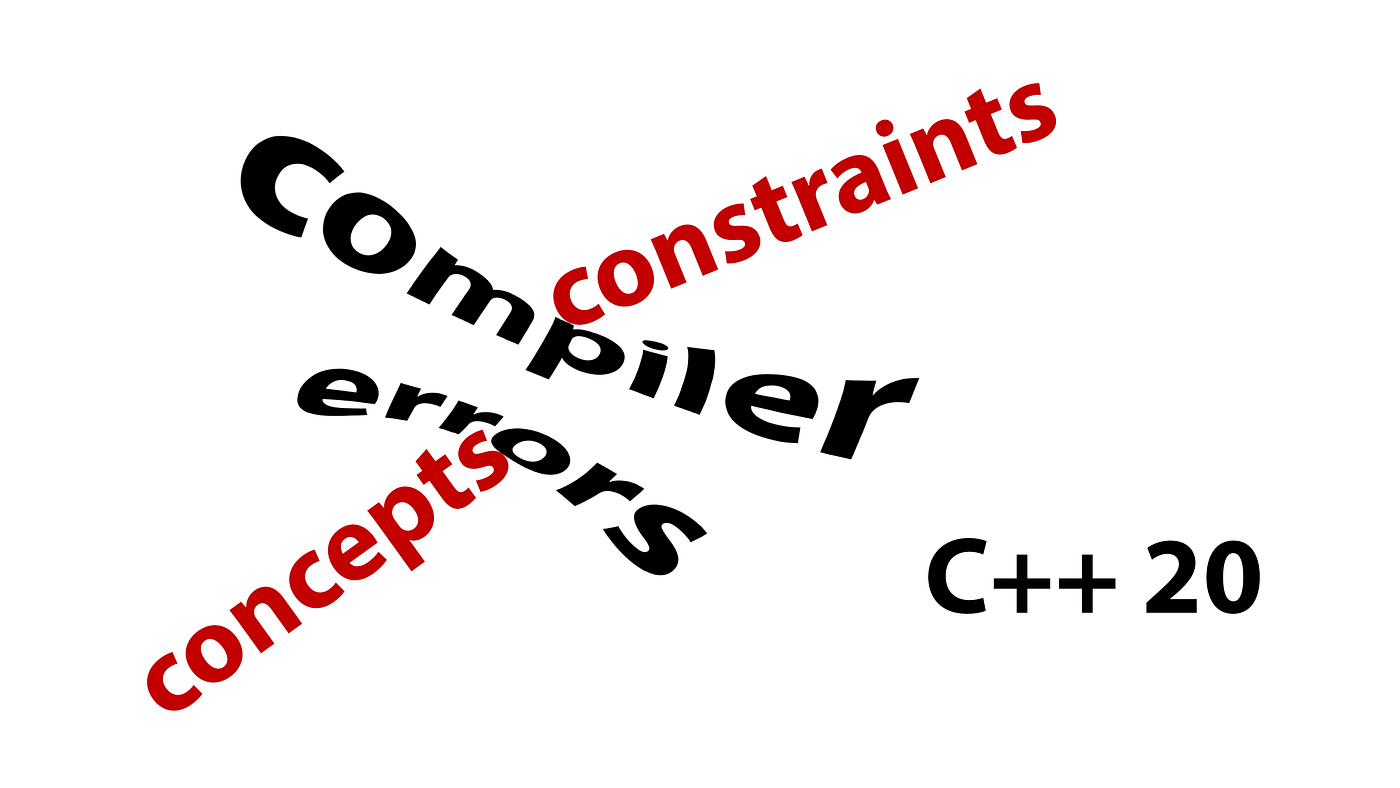C++20 Coroutine Iterators--Martin Bond
The series continue.
C++20 Coroutine Iterators
by Martin Bond
From the article:
In my first blog post about C++20 Coroutines I introduced the concepts behind a synchronous or generator style coroutine and developed a template class to support coroutines for any data type.
In this post I’ll add an iterator to the template to support the range-for loop and iterative algorithms. You may want to review that post before reading this one but the following code should act as a reminder about how to write and use a coroutine to read two floating point values into a data structure for subsequent analysis...

 Helping the users.
Helping the users.